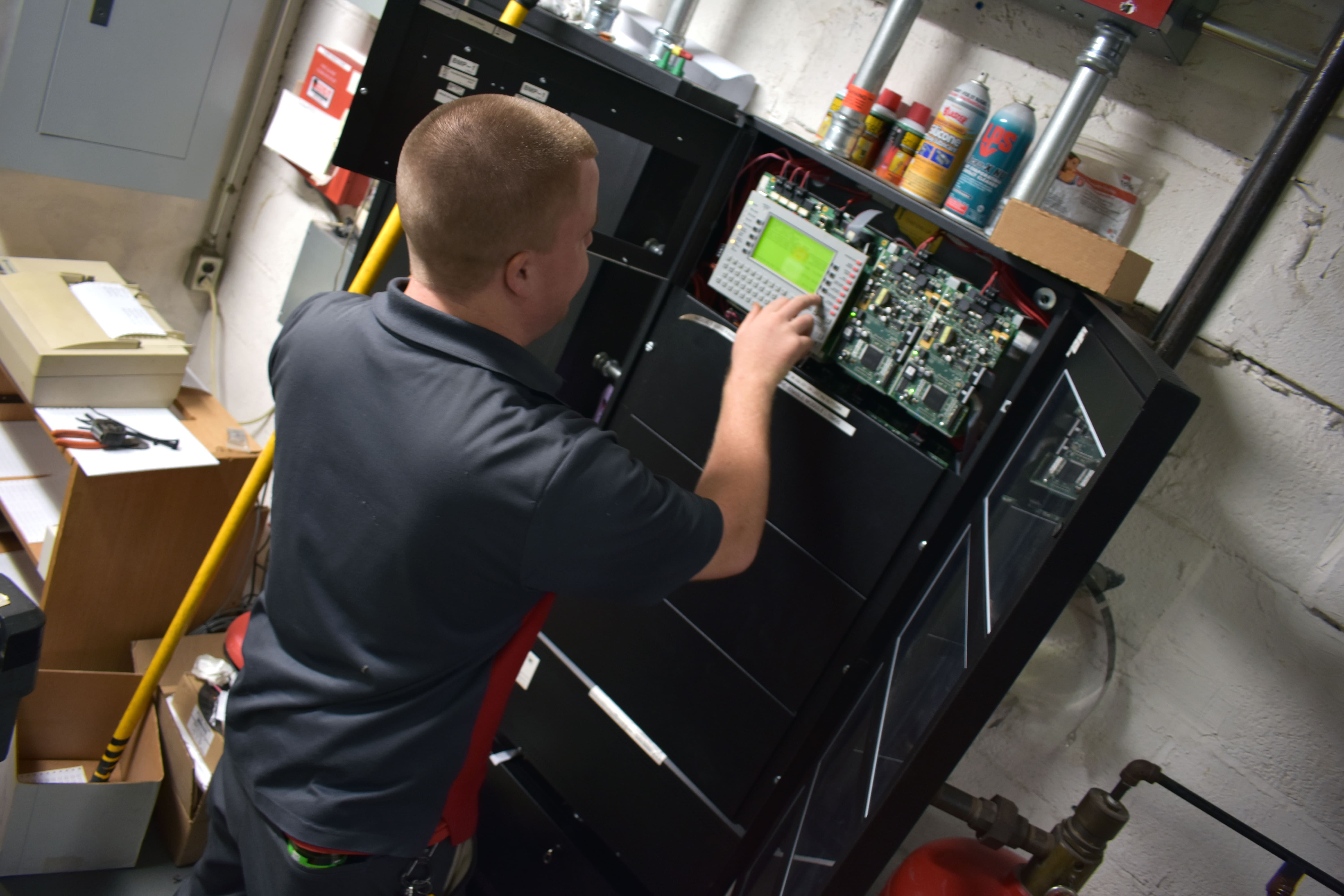What Are the Different Kinds of Fire Detection Systems and How Do They Vary?
Although fire detection systems are often overlooked, they are essential for business premises. They are designed to protect and preserve property, occupants, operations, and buildings. The primary aim of fire detection systems is to identify the threat, alert the occupants, and then raise the alarm to the emergency response units. Different buildings present unique challenges that that may complicate the proper design and installation of fire detection systems. We have the best solutions from trusted brands to suit your safety needs. Furthermore, our products meet current fire safety code and regulations. The wide variety of fire alarm systems found in business premises are broadly divided into two categories; addressable and conventional alarms. While both alarms connect devices like smoke detectors to the control panel, you can quickly pinpoint the exact fire location with the addressable alarms. As one of the top fire alarm companies in Philadelphia and surrounding areas, we want to break these systems down for you.
Conventional Fire Alarms
The conventional system has been used for many years as the standard measure of emergency signaling. In this system, you install single or multiple circuits in a particular space or structure. With each circuit comes one or several detection devices depending on certain factors, such as the required speed of response, the purpose of the premises, environmental conditions, and the anticipated kind of fire. These devices address various needs and concerns by recognizing an emergency condition.

Addressable Systems
Unlike conventional methods, these systems can control and monitor each signaling device through system software. The smart alarm system oversees the operation of input and output devices. Just like other standard systems, the addressable one includes several circuits running throughout a space.
How the Fire Detection Systems Vary
Wiring differences
With the addressable alarm systems, devices link using a loop. The single wire connects all initiating and signaling devices right to the main control panel. Meanwhile, the conventional alarm has each device connecting to the control panel with its separate wire instead of a shared one.
Affordability
Although the conventional type costs less in the initial purchase, it is quite pricey to install and maintain. Furthermore, they take more time to install due to the need for extensive wiring. The addressable option poses a higher up-front cost but offers versatility, saving money in the long run.
Reliability
Between these two alarm systems, the addressable panels are more reliable because if one end of a wire is damaged, it can still send signals through the other end. They also prevent any false alarms that may occur. But with conventional alarm, once a wire is severed, the device disconnects. Another detriment to conventional alarms is that they show only the zone of fire and not the specific location.
Bottom Line
When it comes to functionality, both fire detection systems get the work done. The addressable unit is superior at all levels but can be more expensive. Meanwhile, the conventional system is ideal for small spaces that do not need sophisticated units. If you have any additional questions about these systems, we are one of the best fire alarm companies in Philadelphia and we encourage you to visit our website, or give us a call.


